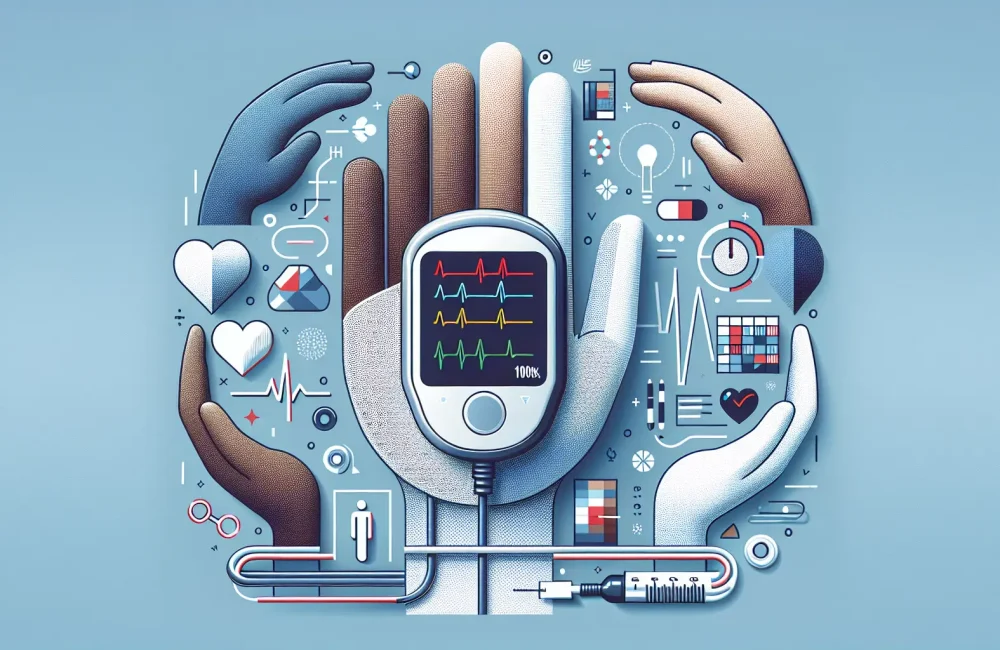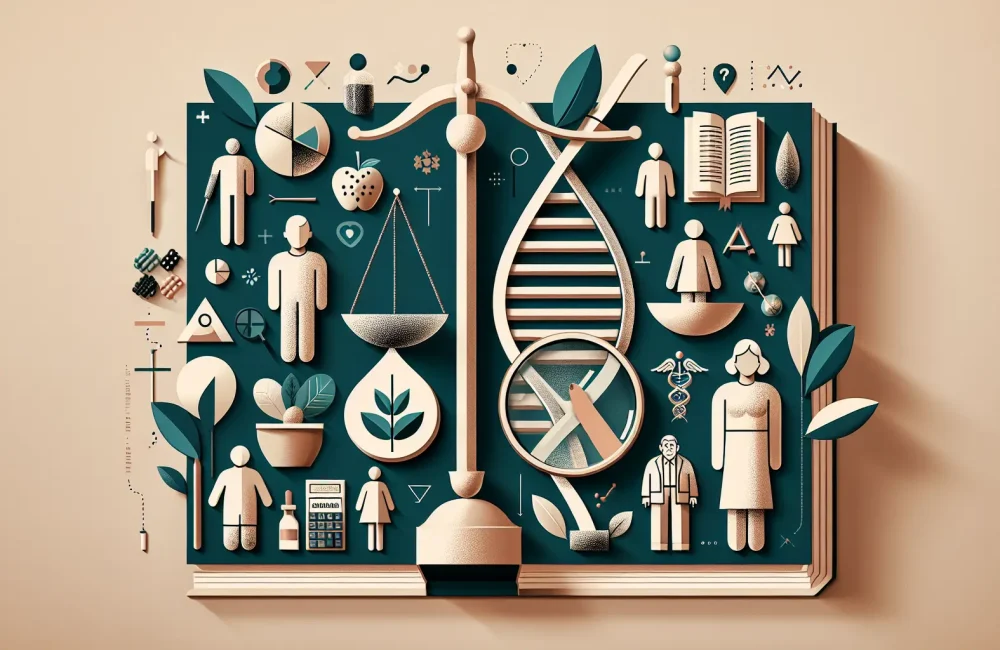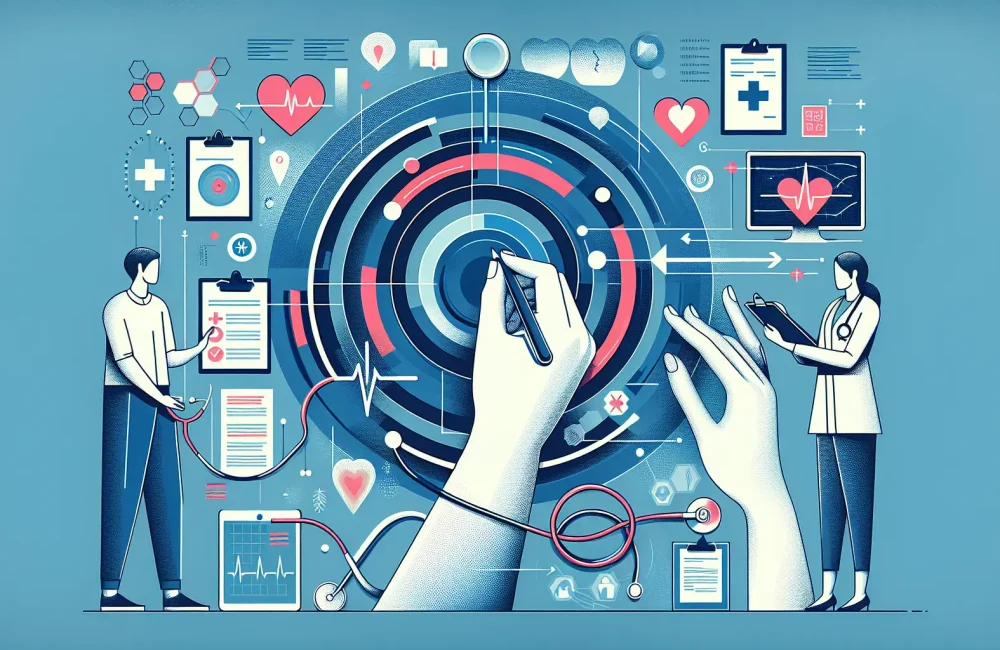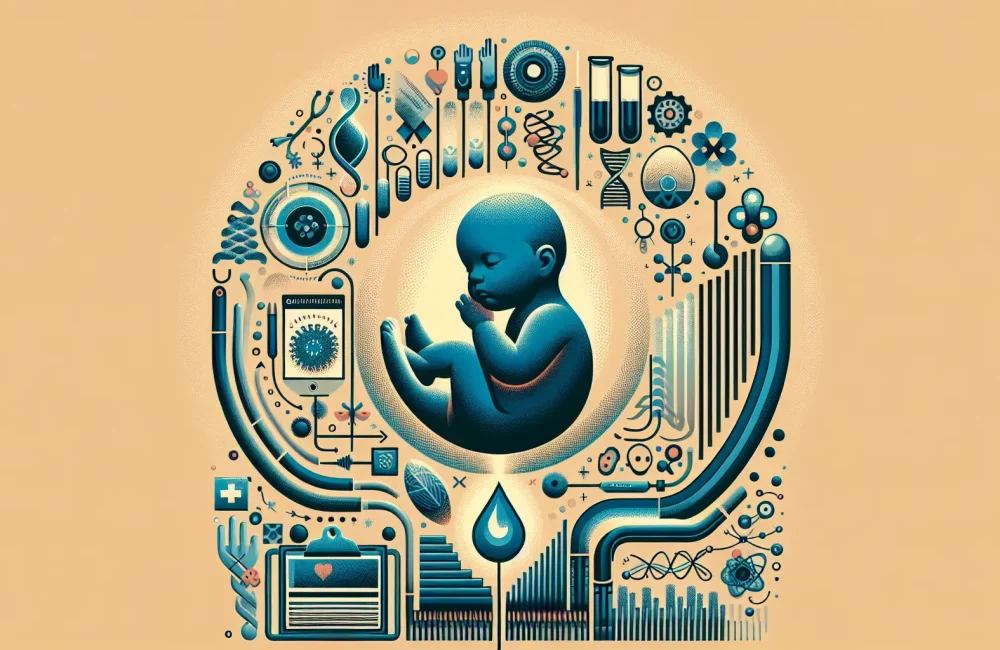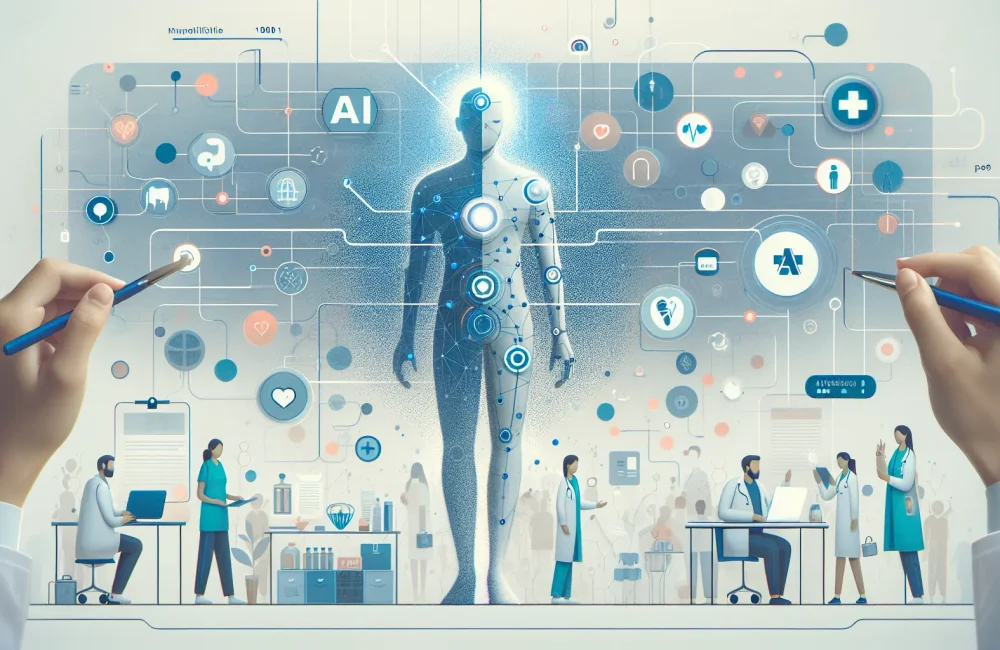By CAFMI AI From NEJM AI
Expanding Access: AI Chatbots Bridging Mental Health Gaps
The surge in mental health disorders globally, compounded by a significant shortage of qualified mental health professionals, has created an urgent need for innovative solutions to enhance patient care access. AI-driven generative chatbots have emerged as a promising technological intervention designed to bridge this widening gap. These chatbots leverage sophisticated natural language processing to simulate human-like conversational interactions, offering 24/7 availability that traditional therapy settings often cannot provide. They aim to deliver personalized support and therapeutic engagement tailored to individual patient inputs, effectively promoting treatment adherence and continuous patient interaction. This accessibility is particularly beneficial for individuals in remote areas, those facing social stigma, or people with mild to moderate mental health conditions seeking supplementary care. The introduction of AI chatbots into mental health treatment reflects a broader movement toward integrating digital health technologies that can scale care provision and potentially alleviate burdens on overextended healthcare systems.
Clinical Evidence and Ethical Challenges in AI Mental Health Tools
Emerging clinical evidence indicates AI chatbots may contribute to symptom reduction in anxiety and depression among certain patient groups. Preliminary trials suggest that chatbot-facilitated cognitive-behavioral techniques and conversational support can positively impact mental health outcomes, especially for mild to moderate cases. Nevertheless, these tools are currently best viewed as adjuncts rather than replacements for human therapists, especially in complex clinical scenarios involving severe psychiatric conditions or during crisis interventions. Limitations also include the chatbots’ restricted capacity to recognize nuanced emotional cues and ethical concerns such as privacy risks stemming from data collection and storage, potential biases encoded in training data influencing response fairness, and issues around obtaining truly informed consent. Regulatory frameworks and transparency in chatbot algorithms are critical to safeguard patient rights, ensure data security, and promote trust in AI mental health interventions. Clinicians must be aware of these factors when recommending or integrating AI chatbot use within treatment plans.
Future Prospects and Integration Strategies for AI Chatbots in Care
Looking ahead, future research efforts are essential to enhance AI chatbot sensitivity and responsiveness to diverse cultural, linguistic, and socioeconomic patient contexts to prevent disparities in care. Integration with human care teams represents a vital step, allowing chatbots to augment rather than replace human judgment and providing safety nets for crisis detection and escalation protocols. Continuous clinical validation through rigorous trials will help clarify the precise role and limitations of such technologies within various mental health care pathways. For clinicians, understanding how to effectively incorporate chatbot tools into primary care workflows can augment screening, monitoring, patient education, and follow-up processes, ultimately enriching patient-centered care delivery. Thoughtful deployment aligned with ethical standards, patient privacy protections, and ongoing oversight offers a balanced approach to harnessing AI chatbots’ promise in expanding mental health service accessibility in the U.S. and beyond.
Read The Original Publication Here

